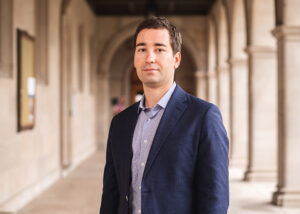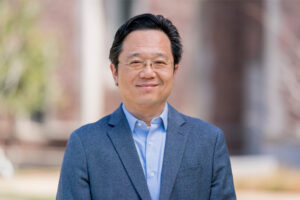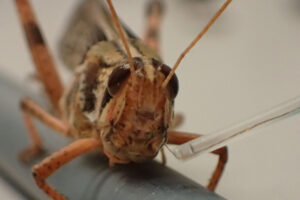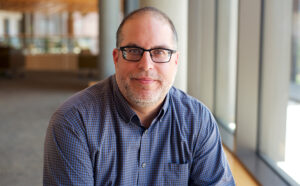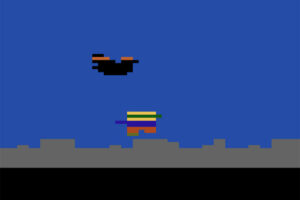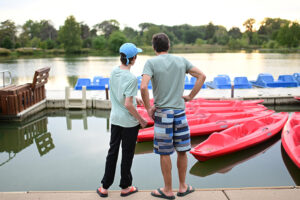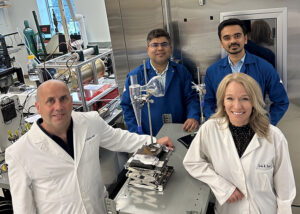Shopping. Driving. Parenting. Eating out. Working out. Today, sources of adventure are as limitless as a marketer’s imagination. No activity is too mundane, no product too crass, no invocation too preposterous. In
Adventure: An Argument for Limits, Christopher Schaberg grapples with classical conceptions of adventure, their 21st-century simulacra, and the earnest question: What constitutes adventure today?
